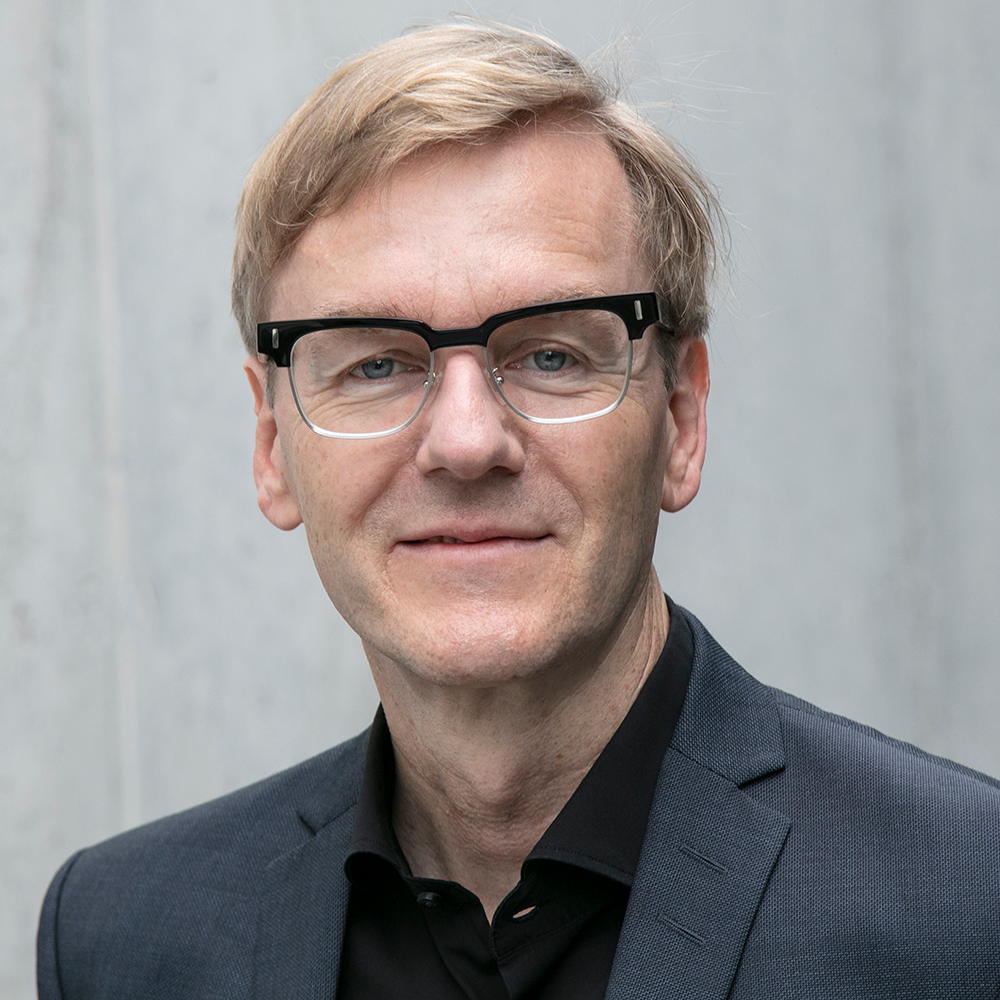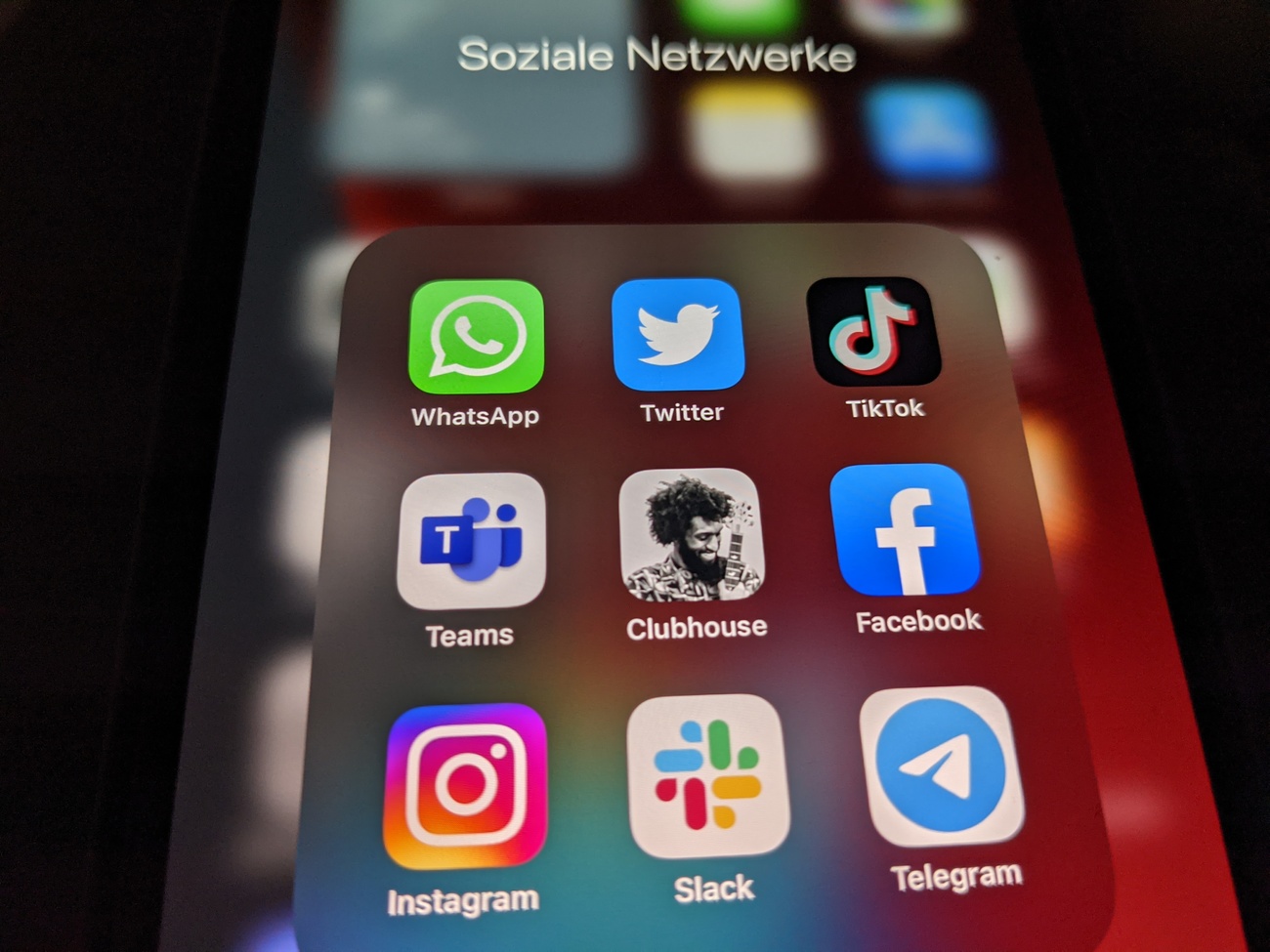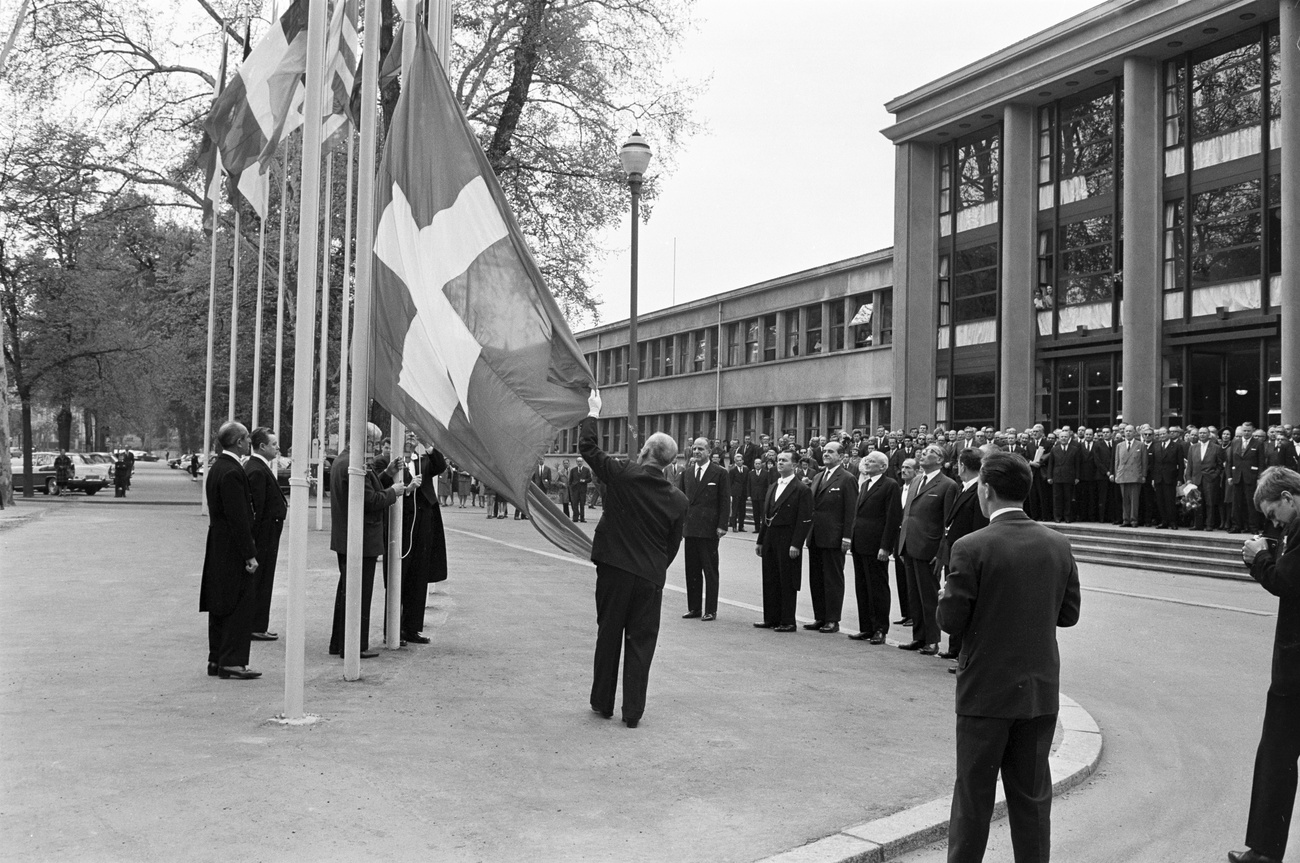Fake news versus facts: the role of international media
The year 2025 is beginning with many uncertainties and unanswered questions. Much of it has to do with United States President Donald Trump. What is clear is that the international media landscape will continue to evolve – and outlets like SWI swissinfo.ch will become even more essential in helping audiences to make sense of the news.
Scanning the headlines across Western media at the start of the year, one name appeared constantly in the foreground: Donald Trump. His admirers have high hopes for the returning strongman in Washington, while sceptics fear the worst.
What influence will looming trade conflicts have on global markets? How will Trump’s foreign policy agenda reshape geopolitics? And what impact will events in the United States have on the growing number of democracies under strain around the world?
Much remains speculative, but analysing Trump’s past actions, particularly in relation to the media, offers insights into what the future may hold.
Trump has consistently attacked what he calls the “fake news media” to undermine mainstream institutions’ credibility. He has even succeeded in completely reframing the narrative around the storming of the Capitol in Washington, D.C. by his supporters on January 6, 2021 – and this despite tens of thousands of hours of video footage bearing witness to the acts of violence, and the numerous convictions handed down to the perpetrators.
When asked whether Trump wanted to take another position on the Capitol riot or accept any responsibility for what happened, his spokesperson Karoline Leavitt blamed “political losers” who, she claimed, had tried to ruin his career, adding, “the mainstream media still refuses to report the truth about what happened that day.”
The truth according to Trump is that Antifa agitators and a conspiracy of the “deep state” are behind the acts of violence of January 6, 2021. The alleged vandals and aggressors, he says, are actually political prisoners, patriots, and martyrs.
False or unbalanced information intended to deceive existed long before Trump, of course. What is new is its sheer scale and the fact that such distortions are unfolding in front of a global audience.
Trump has thus amplified a trend that began long before his presidency, as political scientists David Barker and Morgan Marietta observed in their 2019 book One Nation, Two Realities. Based on extensive empirical studies in the US, they argue that people’s values largely determine how they perceive facts – and that people prefer to believe things that align with their convictions. This applies across the political spectrum, meaning that the distinction between opinion and fact becomes more blurred as values grow more polarised and political divisions deepen.
A vivid example of the extent to which fact can be manipulated came from Trump in the televised debate against Kamala Harris during the presidential campaign. When the ABC News moderator noted that Trump’s claim – that immigrants in Springfield, Ohio, were “eating dogs and cats” – was false, Trump summarily dismissed the presenter’s correction as untrustworthy, even though ABC News had verified the information firsthand with the Springfield city council.
What is clear is that since fact-checking usually lies beyond personal experience, accepting facts ultimately depends on whether people trust the sources that provide them.
This is where mainstream media comes into play. But these institutions, which have traditionally fulfilled the role of providing information and operate according to journalistic principles and ethical standards, now face severe economic pressure. Trust in public and private media organisations is also steadily eroding worldwide. According to the Reuters Institute’s Digital News Report, nowadays only 40% of people trust information provided by professional media outlets.
The constant vilification of traditional media organisations by Trump and other self-proclaimed fighters against the establishment has left its mark. Social media has created a new information ecosystem in which anyone and everyone can be a publisher while being far removed from any journalism standards. Political actors have exploited the public’s uncertainty and opportunities offered by social media to fuel distrust of mainstream media and spread their own, sometimes distorted, narratives. The recent announcement by Facebook founder and Meta CEO Mark Zuckerberg that external fact-checking will no longer be used on its platforms in the US reads like an admission that, on social media, opinions ultimately outweigh the facts.
In her latest book, Autocracy, Inc., journalist and historian Anne Applebaum explains that autocracies in particular have eagerly exploited this vulnerability in the media landscape. “Given so many explanations, how can you know what actually happened? What if you can never know? If you can’t understand what is going on around you, then you are not going to join a great movement for democracy,” she warns.
Functioning democracies therefore need functioning media. International media outlets like SWI swissinfo.ch can play a pivotal role and work to ensure that valuable information, rather than crude assertions, form the basis for personal, social, and political decisions worldwide.
This requires international mainstream media to rebuild trust. But they can only achieve this by proving their independence on a daily basis and by practising journalism that is not polemical, but rather identifies ambiguities, provides context, and checks facts. SWI swissinfo.ch is fully committed to this mission. Our standards and processes have been externally audited and certified for reliability, and we are transparent about how we work.
We recognise that as an international media company from neutral Switzerland, we enjoy considerable credibility worldwide. This obliges us to critically examine different positions on issues, make international comparisons – and bring in Swiss perspectives. In doing so, we do not merely cater to existing opinions but enrich them with new points of view. Developments in recent years show that this is a task which will become even more important under Trump 2.0.
Adapted from German by David Kaufher/gw

In compliance with the JTI standards
More: SWI swissinfo.ch certified by the Journalism Trust Initiative















You can find an overview of ongoing debates with our journalists here . Please join us!
If you want to start a conversation about a topic raised in this article or want to report factual errors, email us at english@swissinfo.ch.